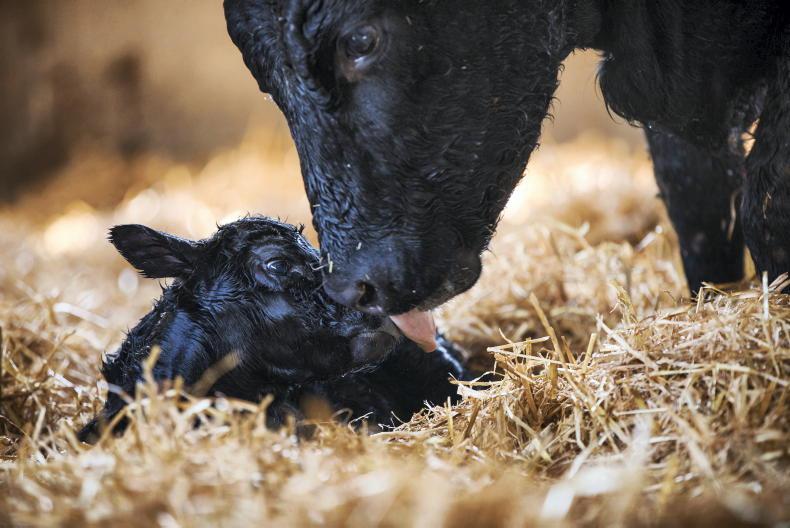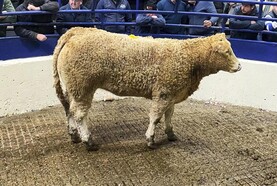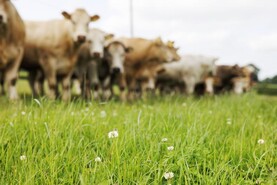Veterinary advice to help reduce the risk of Johne’s disease is not being implemented on NI dairy farms, a new study has concluded.
Participation in a Johne’s control programme has been a requirement under the Red Tractor quality assurance scheme since October 2020.
The programme is run by Animal Health and Welfare NI (AHWNI) and involves local vets conducting regular risk assessments and management plans for each participating farm.
However, a comparison of the first and second plans completed for 278 NI dairy herds found only “limited changes” with the practices being used to prevent Johne’s disease.
“Farmers had not changed their Johne’s disease related management practices in response to authorised veterinary practitioner recommendations,” the research paper reads.
Published
The study, which was led by researchers from the University of Reading and AHWNI, has been published in the scientific journal Preventive Veterinary Medicine.
As part of the study, the researchers analysed the advice that local vets offered dairy farmers through management plans for the Johne’s programme.
A key element of the veterinary advice is to make use of diagnostic tests for Johne’s. This ranges from a herd level bulk tank test to regular milk testing of each individual cow.
Vets recommend high levels of hygiene with dry cows, as Johne’s can spread from cows to newborn calves through faeces, as well as through colostrum.
Similarly, having separate calving pens for sick animals or high-risk Johne’s cows is another common piece of advice in management plans.
With calf nutrition, it is recommended to only feed calves colostrum from their dam, or to pasteurise colostrum to stop all newborn calves being exposed to Johne’s.
Other advice in plans relates to using your own slurry equipment, or ensuring a contractor’s slurry equipment is clean before it is used, avoiding contact with sheep and cattle from other farms, and only buying stock from high health status herds.






 This is a subscriber-only article
This is a subscriber-only article










SHARING OPTIONS: